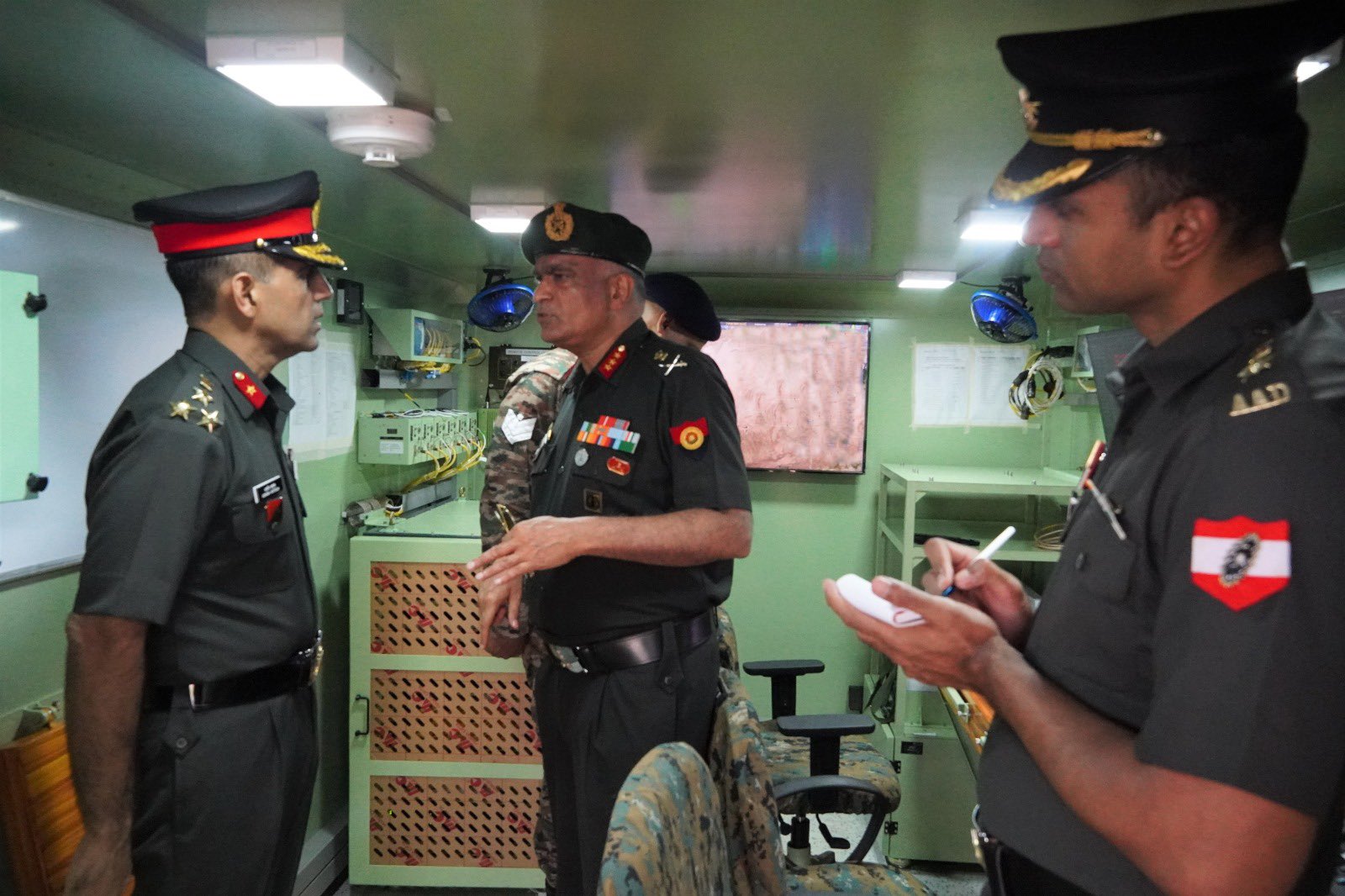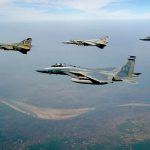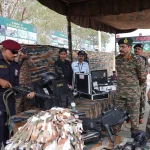Lieutenant General Sumer Ivan D’Cunha, Director General of Army Air Defence and a highly regarded Goan officer, visited the First Strike Brigade to assess capability enhancement projects and review operational preparedness. Commissioned in 1988 and holding a PhD in Management, Lt Gen D’Cunha is known for his expertise in missile systems and command of air defence formations.
During the visit, he lauded the brigade’s professionalism and its decisive role in Operation Sindoor, a precision strike conducted in May 2025 targeting terrorist infrastructure in Pakistan. The operation was launched in response to the Pahalgam terror attack that claimed 26 lives and showcased India’s growing self-reliance in defence technology.

The First Strike Brigade, part of the Indian Army’s I Corps headquartered in Mathura, has been instrumental in adapting to shifting strategic priorities. Originally formed in 1965, the I Corps was redeployed to the northern sector in 2021 amid rising tensions with China. Since then, it has maintained a robust presence along the Line of Actual Control in Ladakh with a deployment of nearly 500 tanks and 50,000 troops.
Operation Sindoor marked a significant moment for India’s Atmanirbhar Bharat vision, as the First Strike Brigade deployed indigenous systems developed under Project Kusha. These systems are designed to handle multi-domain challenges and bolster India’s precision strike capabilities. The mission resulted in the destruction of nine terrorist targets in Pakistan and Pakistan-occupied Jammu and Kashmir.

Lt Gen D’Cunha’s visit is seen as a major affirmation of the Army’s transformation strategy under the Viksit Bharat 2047 roadmap. Military analysts highlight the significance of this engagement in the context of evolving regional threats and India’s goal of building a future-ready force.
The Southern Command and Sudarshan Chakra Corps, which support such operations, continue to play a key role in shaping India’s defence posture in an increasingly volatile neighbourhood.













